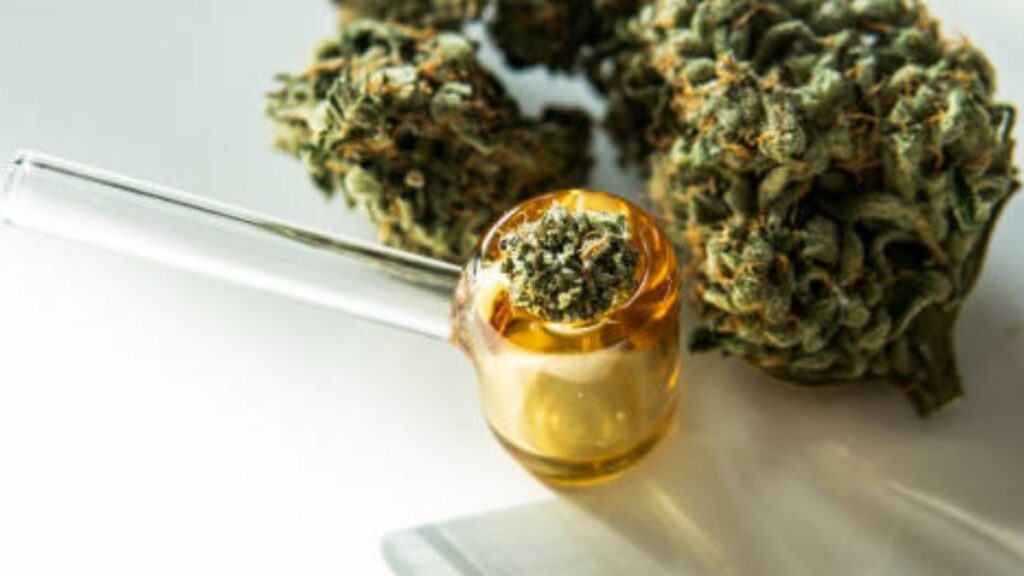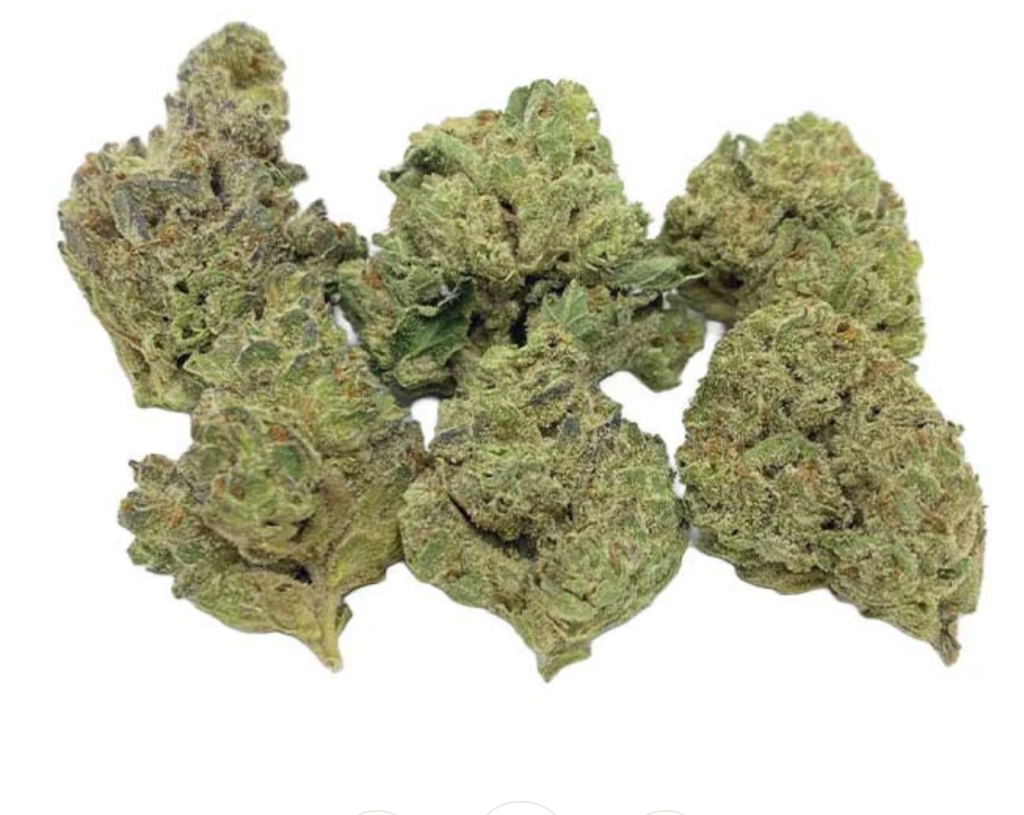
The Power Of THCA Flowers: A Comprehensive Guide to Potency and Effects
THCA flowers have been garnering significant attention in the realm of cannabis enthusiasts and medical users alike. As the industry continues to explore the potential of various cannabinoids, THCA (tetrahydrocannabinolic acid) has emerged as a key player due to its unique properties and effects. In this comprehensive guide, we delve into the potency and effects of THCA flowers, providing insights into their therapeutic benefits and recreational allure.
Understanding THCA Flowers
THCA flowers refer to cannabis buds that have not undergone decarboxylation, a process that converts THCA into the psychoactive compound THC (tetrahydrocannabinol). Unlike THC-rich strains, THCA flowers contain high concentrations of THCA, offering a non-intoxicating experience when consumed in their raw form. These flowers are often preferred by individuals seeking the therapeutic benefits of cannabinoids without the euphoric high commonly associated with THC.
Potency Factors
The potency of THCA flowers can vary significantly depending on several factors, including genetics, cultivation practices, and harvesting techniques. Strains bred specifically for high THCA content tend to produce flowers with greater potency. Additionally, factors such as optimal growing conditions, nutrient levels, and post-harvest handling can influence the cannabinoid profile of the plant, ultimately affecting the potency of the flowers.
Effects and Benefits
While research on THCA is still in its nascent stages, preliminary studies suggest that this cannabinoid may offer a range of therapeutic benefits. THCA is believed to possess anti-inflammatory, neuroprotective, and antiemetic properties, making it potentially beneficial for managing conditions such as chronic pain, inflammation, epilepsy, and nausea. Furthermore, THCA has shown promise in supporting overall wellness and promoting homeostasis within the body.
Consumption Methods
THCA flowers can be consumed through various methods, each offering a unique experience and onset time. Raw consumption, such as juicing or blending fresh cannabis buds into smoothies, allows individuals to ingest THCA without subjecting it to heat. Alternatively, THCA flowers can be vaporized at low temperatures to preserve the integrity of the cannabinoid and avoid decarboxylation. Some users may also experiment with infusing THCA-rich flowers into oils, tinctures, or edibles for alternative consumption options.
Legal Considerations
It’s important to note that the legal status of THCA flowers may vary depending on regional regulations. While cannabis containing THC above a certain threshold is classified as a controlled substance in many jurisdictions, the legality of THCA-rich products remains a topic of debate. As laws and regulations continue to evolve, individuals should familiarize themselves with the legal framework governing the use and distribution of cannabis products in their respective areas.
Exploring the Future
As interest in cannabis continues to grow, so too does the exploration of its myriad cannabinoids and their potential applications. THCA flowers represent just one facet of this evolving landscape, offering consumers an alternative to traditional THC-dominant strains. With further research and understanding, THCA and other cannabinoids hold the promise of revolutionizing the field of cannabis therapeutics and wellness.
THCA flowers offer a compelling avenue for both medical users and recreational enthusiasts, providing a potent and versatile option within the realm of cannabis consumption. Whether seeking relief from ailments or simply exploring new horizons, these flowers invite exploration and discovery in the ever-expanding world of cannabis.



